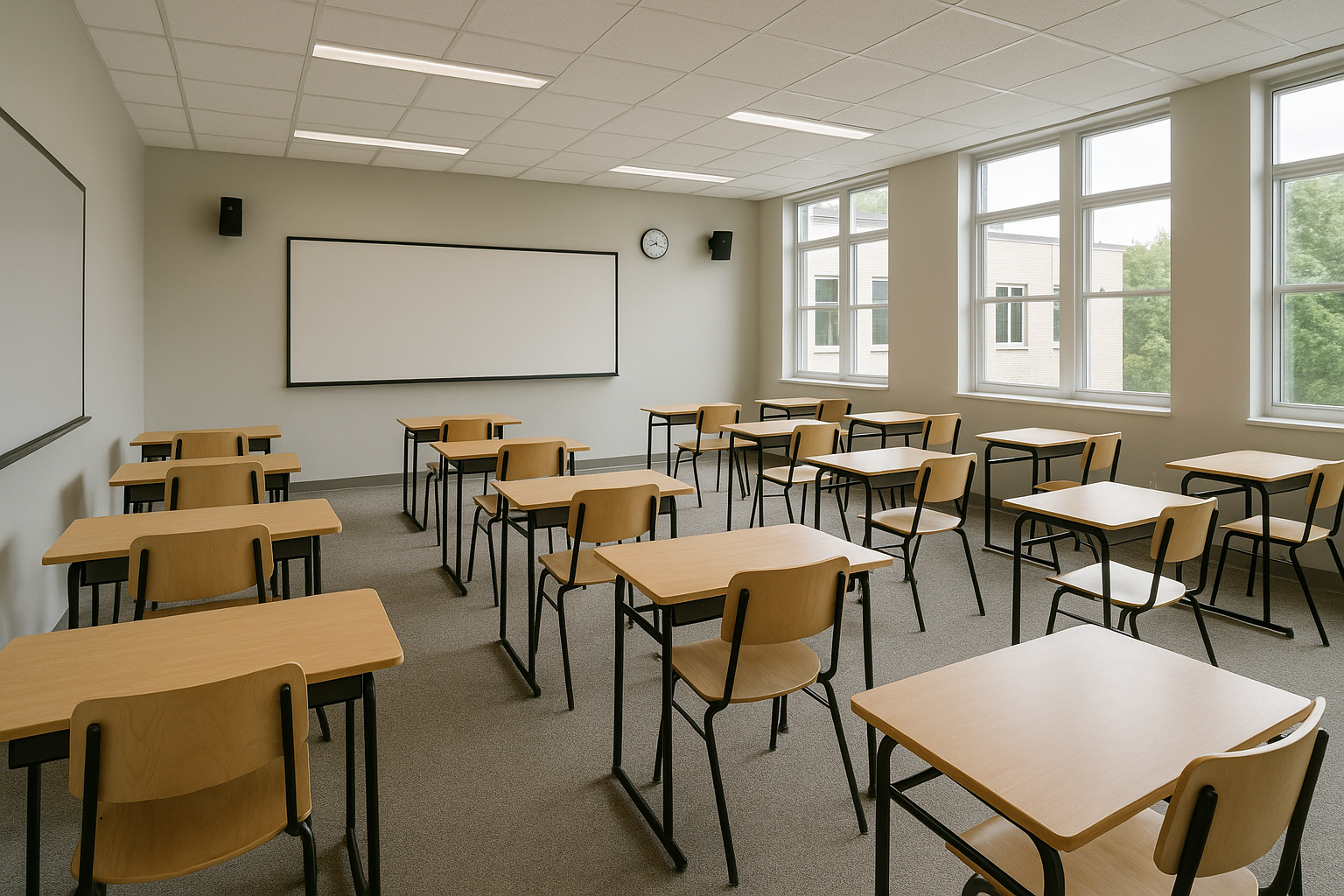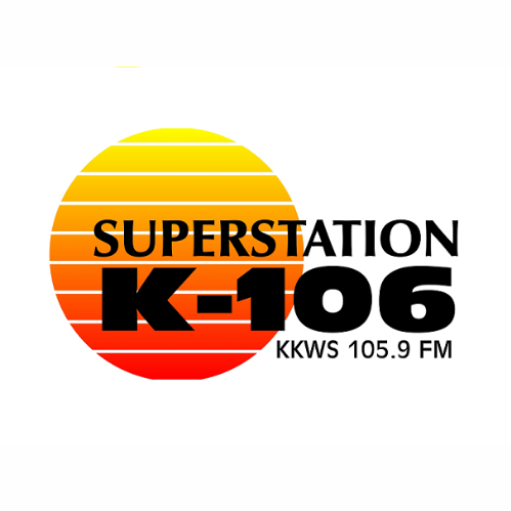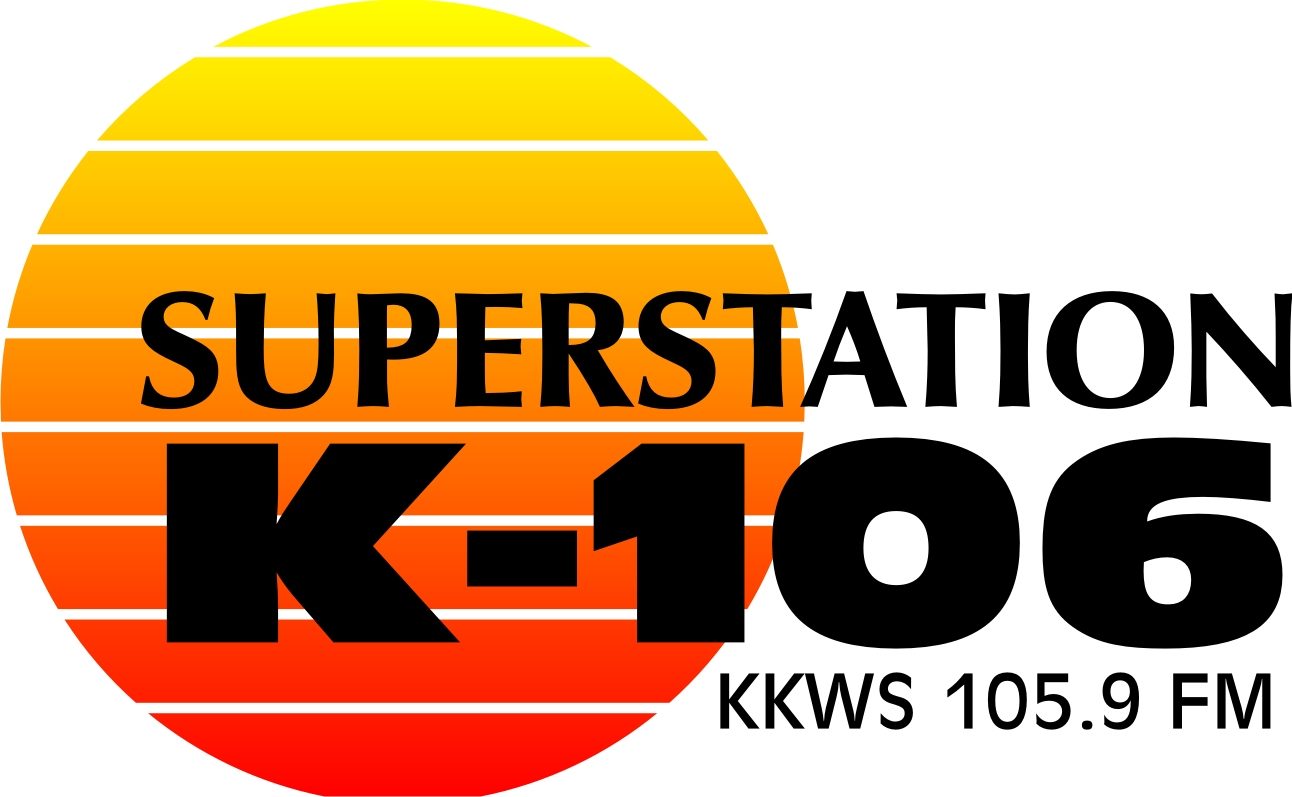
As another school year approaches, many of Minnesota’s smaller school districts are bracing to do more with less. For educators like Joe Gould, a high school social studies teacher in Cass Lake, the ongoing funding challenges have become not only routine but increasingly unpredictable.
This week, Gould is in Washington, D.C., attending conferences hosted by the American Federation of Teachers. He’s also meeting with members of Minnesota’s Congressional delegation to advocate for more consistent and adequate education funding—particularly for special education services.
“For a long time now, the federal government has not been living up to its promise to fully fund special education,” Gould said. “We really need their support there.”
In Cass Lake, where the district serves about 1,000 students and relies heavily on state and local property tax support, federal funds are vital to maintain programs like special education. But rising needs and competition from larger districts, which can offer higher salaries, make staffing increasingly difficult.
Further complicating matters, public schools were recently caught off guard by a decision from the Trump administration to freeze several billion dollars in federal aid for various services. The White House said it was reviewing grants to ensure the money isn’t used for a “radical, left-wing agenda.” The move is now tied up in a court battle involving the American Federation of Teachers.
Although Gould and his colleagues hope to meet with lawmakers, their chances may be limited after Republican leaders sent the House home early for summer recess. A former legislative staffer himself, Gould said political interference in education often doesn’t reflect the priorities of local communities.
“I’ve found overwhelming support from community members for our teachers and students in public schools,” he said.
While national sentiment toward public schools remains mixed, Gould praised recent efforts by the Minnesota Legislature to boost education funding. Still, he said school districts across the state continue to struggle with rising costs, and a looming budget deficit could make things worse.
Asking local property owners for more financial support is becoming harder, he noted.
“People are feeling pretty strapped when it comes to paying property taxes,” Gould said.
Still, he remains hopeful that more reforms are possible—such as redirecting property tax revenue from seasonal cabin owners to help fund local schools. For now, educators like Gould continue advocating for sustainable solutions to ensure students in smaller districts aren’t left behind.

